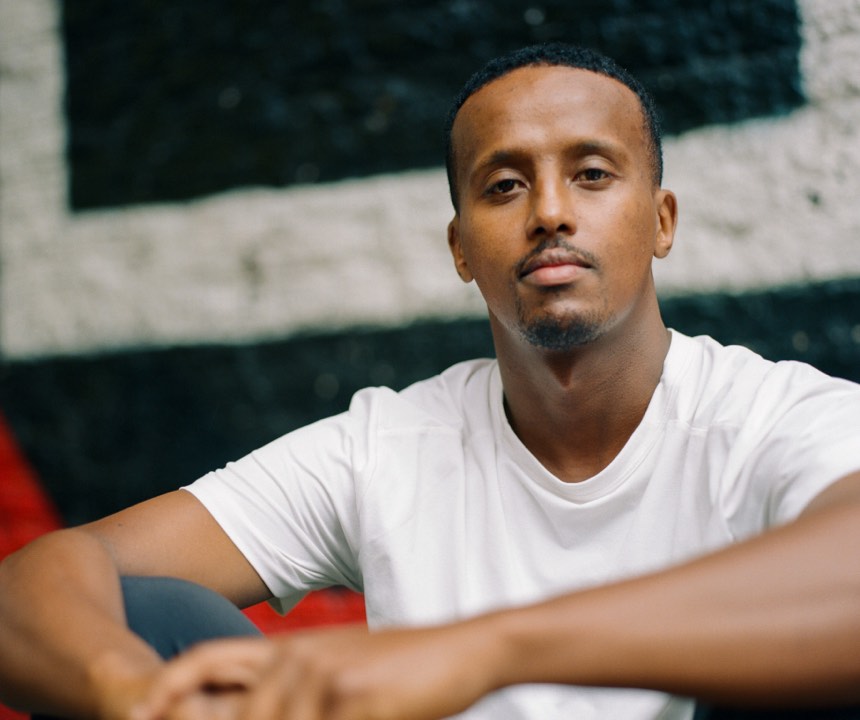Vulnerable students, including those from low-income backgrounds, those with special educational needs, and those affected by trauma, often face unique challenges that can impact their behaviour and engagement in the classroom. Teachers alone cannot address these complex socio-economic drivers of exclusions. Dedicated mentors could facilitate early intervention, reducing the risk of legal - and illegal - exclusions and alleviating the workload on teachers.
For those children for whom mainstream education isn’t suitable, standards and outcomes in Alternative Provision (AP) often fall short of mainstream education. By ensuring that alternative provisions are a constructive, well-funded choice, we can create an environment where all students, regardless of their background or challenges, have the support needed to succeed both in school and beyond.

Children at risk of exclusion often face complex challenges inside and outside of school. Mentorship offers personalised guidance and support that helps them navigate these struggles. Research by the Youth Endowment Foundation shows that mentorship programmes have a robust and demonstrable impact on reducing exclusions. Public First research also reveals that tackling the root causes of poor behaviour and providing mentoring are the most popular interventions among educators and parents to reduce exclusions. By providing a trusted adult relationship and mentorship, we can offer the support young people need to stay engaged in education as well as a positive role model, advice, encouragement, and emotional support that may not be available from other sources.
Mission 44 worked with IPPR to cost the roll out of a mentorship offer to children at risk at between £75-£150m for the academic year 2025/26. In comparison, recent analysis finds lifetime costs of at least £170,000 per child directly associated with permanent exclusion - for last year’s excluded cohort alone this means costs to the state of £1.6 billion over a lifetime.
Whilst 97% of teachers who have known an excluded child well, notice signs of a pupil heading towards exclusion, nearly two-thirds of these teachers (64%) think signs could have been picked up several months before exclusion, with 39% saying they could have been picked up at least a year before. Introducing dedicated mentors could enable early intervention, helping to prevent many exclusions before they happen and easing the pressure on teachers.
Implementing this policy requires partnerships between schools, local organisations, and specialist youth sector groups. These collaborations can provide crucial support to young people at risk of exclusion and ensure any mentorship programme is designed with the relevant and culturally competent needs of young people in mind.
Improvements in Special Educational Needs and Disabilities (SEND) provision in England should prioritise mainstream education to ensure that all students, regardless of ability, can access high-quality, inclusive learning environments. Mainstream settings offer opportunities for social integration, fostering empathy, respect, and understanding among all students while reducing stigma around disabilities.
When SEND provision is strengthened within mainstream schools, students with SEND can benefit from tailored support without being segregated or isolated from their peers. This inclusive approach also prepares students for diverse real-world environments by encouraging adaptive teaching methods that benefit all learners, such as differentiated instruction and universal design for learning. Investing in robust SEND support within mainstream schools not only enhances educational outcomes for SEND students but also promotes a culture of inclusivity and equality, helping to reduce reliance on special schools and ensuring that all students can thrive together in supportive, well-equipped learning spaces.
The number of pupils in state-funded AP schools increased by 20% to over 15,000 in 2024. Pupils in AP are among those with the highest levels of need and most significant vulnerabilities in our education system. The stark reality is that only 4% of pupils who finished Key Stage 4 in state-funded AP schools achieved GCSEs in English and Maths in grades 9-4 in 2019, compared with 64.6% in mainstream and state-funded special schools (CSJ). With the number of pupils in state-funded AP schools at its highest since the pandemic, we must urgently address the quality and consistency of this provision to ensure it truly serves the needs of these young people.
Despite current poor outcomes, AP has the potential to offer specialist capacity and alternative education to the young people that need it most. With better resourcing and implementation of best practices, AP could significantly improve outcomes for pupils who experience school exclusion.

CAPE Mentors provides quality tuition and mentoring to help children impacted by poverty, poor mental health, social service intervention and institutional racism.

Milk Honey Bees offers a creative safe space for Black girls to focus on H.E.R (Healing, Empowerment and Resilience).

Oasis, operating 52 academies across England, has partnered with Mission 44 to support Black Caribbean students and reduce the rate of exclusions within this community group. This collaboration focuses on teacher training, parent engagement, and mentoring programmes to create a more inclusive and supportive educational environment.

The Difference works to elevate the status of AP teaching, addressing recruitment challenges in AP schools. They aim to get high-quality teachers into AP and promote working in AP as a high-status career choice, countering the rising proportion of unqualified teachers and the doubling of senior leadership vacancies in AP over the past five years.
By supporting these recommendations, we can create a more inclusive education system that gives every child the chance to succeed.
Get involved